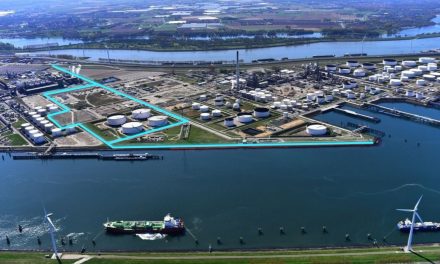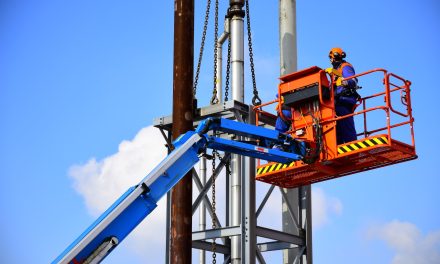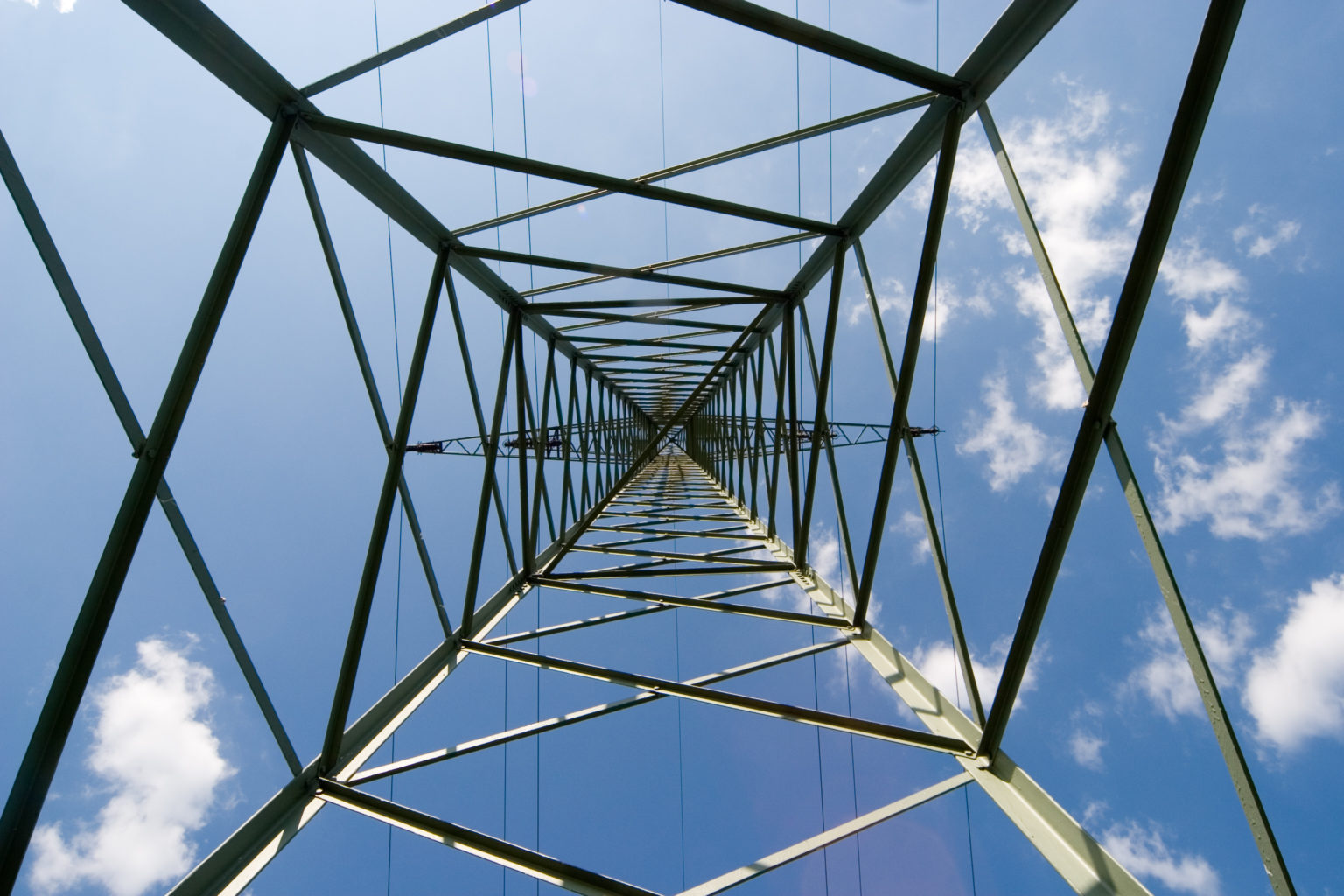English translation ->
TenneT en VEMW presenteren een actieplan voor het ‘grootschalig ontsluiten’ van industriële flexibiliteit. Een flexibel elektriciteitsgebruik door de industrie helpt om te gaan met pieken en dalen in het aanbod aan duurzaam opgewekte elektriciteit.
“Door de energietransitie zal het aandeel van zon- en windenergie in de energievoorziening sterk groeien”, verklaart coo Maarten Abbenhuis van TenneT. “Omdat dit, in tegenstelling tot de huidige kolen- en gascentrales, weersafhankelijke bronnen zijn, neemt het vermogen om de elektriciteitsproductie te sturen af. Daarom wordt flexibel elektriciteitsgebruik, zeker ook door grote industriële afnemers, waardevol én noodzakelijk om de leveringszekerheid te vergroten. We willen immers dat er altijd elektriciteit geleverd kan worden als dat nodig is, ook als het minder waait of de zon minder schijnt.”
Industriële flexibiliteit
Volgens Hans Grünfeld, algemeen directeur van VEMW, kan industriële flexibiliteit helpen vraag en aanbod van elektriciteit in balans te brengen. “Maar naast deze noodzaak vanuit het oogpunt van een stabiel systeem biedt industriële flexibiliteit ook kansen om de energierekening van bedrijven te verlagen door in te spelen op schommelende elektriciteitsprijzen op de spot-, onbalans- en reservemarkten.”
Barrières
TenneT en VEMW roepen netbeheerders, industrie en overheid op het actieplan te omarmen. Een aantal barrières moet nog worden geslecht. Zo is industriële flexibiliteit nieuw, bij sommige bedrijven ingewikkeld en ook vergt dit investeringen. Verder staat de huidige nettariefstructuur verdienmodellen van industriële flexibiliteit in de weg.
Zie ook: Flexibele chloorproductie helpt net in balans houden
English translation
Action plan for industrial flexibility
TenneT and VEMW present an action plan aimed at increasing industrial flexibility. Flexible electricity use by industry will help to deal with peaks and troughs in the supply of sustainably generated electricity.
“As a result of the energy transition, the share of solar and wind energy in the energy supply will grow strongly”, explains TenneT’s COO Maarten Abbenhuis. “Because these are weather-dependent sources, in contrast to the current coal and gas-fired power stations, the ability to control electricity production is decreasing. This is why flexible use of electricity, certainly by large industrial consumers, is becoming valuable and necessary to increase the security of supply. After all, we want electricity to be supplied whenever it is needed, even when the wind is not blowing as much or the sun is shining less.”
Opportunities
According to Hans Grünfeld, managing director of VEMW, industrial flexibility can help balance electricity supply and demand. “But in addition to this necessity from the point of view of a stable system, industrial flexibility also offers opportunities to reduce companies’ energy bills by responding to fluctuating electricity prices in the spot, imbalance and reserve markets.”
Barriers
TenneT and VEMW call on grid operators, industry and government to embrace the action plan. A number of barriers still need to be overcome. For instance, industrial flexibility is new, complicated for some companies and requires investment. Furthermore, the current grid tariff structure stands in the way of earning models for industrial flexibility.











